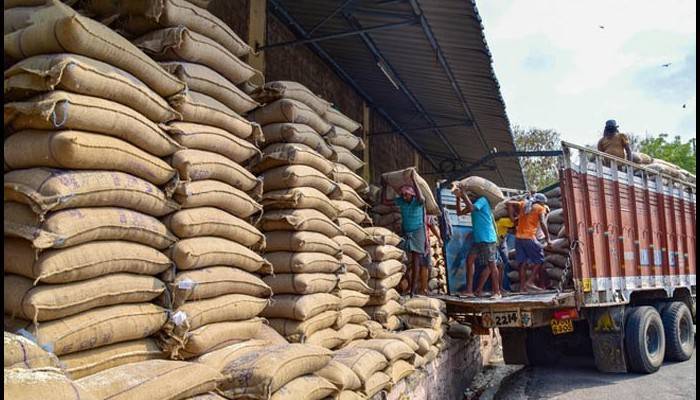The Bangladesh government is also holding talks with Myanmar to import rice, the officials said, putting aside a rift over the Rohingya refugee crisis…reports Asian Lite News
Bangladesh is planning to finalise deals with Vietnam and India to import a total of 330,000 tonnes of rice as it races to replenish reserves and cool domestic prices, media reported citing officials.
Bangladesh will buy 100,000 tonnes of parboiled rice from an Indian public sector firm and 200,000 tonnes of parboiled rice and 30,000 tonnes of white rice from Vietnam, the Reuters reported citing government officials.
The price for the parboiled rice from Vietnam will be $521 a tonne and white rice $494 a tonne, said the officials, speaking on condition of anonymity because the deals have not been made public.
The price for rice from neighbouring India will be $443.50 per tonne via seaports and $428.50 per tonne via railways, the officials said. All the prices included freight, insurance and unloading costs, they said, it was reported.
“Preparations are underway to sign the deals soon,” one of the officials said, adding the rice would be delivered within two to three months after the signing.
The Bangladesh government is also holding talks with Myanmar to import rice, the officials said, putting aside a rift over the Rohingya refugee crisis.
Bangladesh this week slashed import duty on rice to 15% from 25%, cutting it for the second time since July in a bid to boost private imports, the report added.

Energy crisis
Last weak, Bangladeshi government offices planned cut back office hours in a bid to save energy, as the country struggles with a fuel crisis.
The decision comes weeks after the country raised fuel prices to a record level, amid the global energy crisis triggered by the ongoing Russia’s war on Ukraine, reports dpa news agency.
The Council of Ministers decided to reduce the working hours by one hour per day, according to Cabinet Secretary Khandaker Anwarul Islam.
“The new office hours will remain in place until the energy situation becomes manageable,” Islam said, without hinting as to when the schedule might return to normal.
Banking hours have also been fixed for 9 a.m. to 4 p.m., rather than 10 a.m. to 5 p.m., he said.
The Council also requested that schools and universities introduce two weekend days instead of one.
Earlier this month, thousands of activists protested a government decision to increase fuel prices as much as 52 per cent, the highest in the country’s history.
The opposition Bangladesh Nationalist Party, which organised the protest in Dhaka on August 11, began its second nationwide anti-government protest on Monday.
The protest was generally peaceful.
As part of the new austerity measures, the government has also ordered a rolling power cut for one hour each day, asked thousands of mosques to refrain from using air conditioners outside of prayer times, discouraged imports of non-essential products, reduced development spending and asked officials to ration vehicle use in order to help reduce pressure on foreign exchange reserves.












